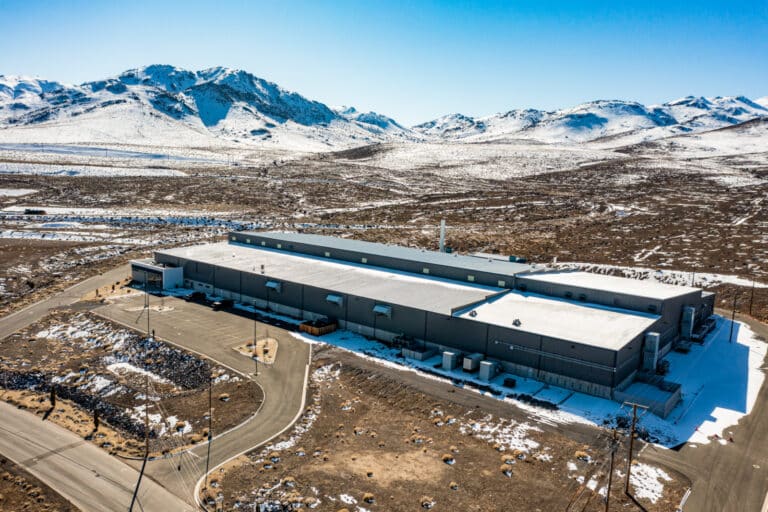Article reprinted from: Automotive Recycling, published by the Automotive Recyclers Association
“No other battery technology company is solving the challenge of meeting the soaring demand for battery metals like ABTC,” said Melsert. “We are uniquely positioned to supply low-cost, low-environmental impact, and domestically sourced battery metals through our three core operations to support a sustainable, closed- loop battery metal economy.” These include the first commercial-scale implementation of the company’s integrated lithium-ion battery recycling technologies, primary metals resource development and primary metals extraction.
ABTC’s CEO recently shared information with Automotive Recycling about the company’s initiatives.
Automotive Recycling: What are some of the current challenges with battery metals supply?
RYAN MELSERT: Globally, and especially in the U.S., there’s a large capacity for producing EVs and battery cells but very little capacity to make the battery materials that go into them. The supply chain only has the throughput of the most limiting factor – in this case, battery-grade materials.
The U.S. federal government considers the primary battery metals – lithium, nickel, cobalt and manganese– ‘essential to the economic or national security of the U.S.’ However, less than 1% of the global manufacturing capacity of these materials is within the country.
At the same time, the cost of manufacturing and importing battery metals has grown rapidly over recent years as demand has increased far faster than new supply can enter the market. Another challenge is the environmental impact of the supply. Conventional methods of mining battery metals can result in the emission of large amounts of greenhouse gases, air pollutants, and contaminated water and soil.


